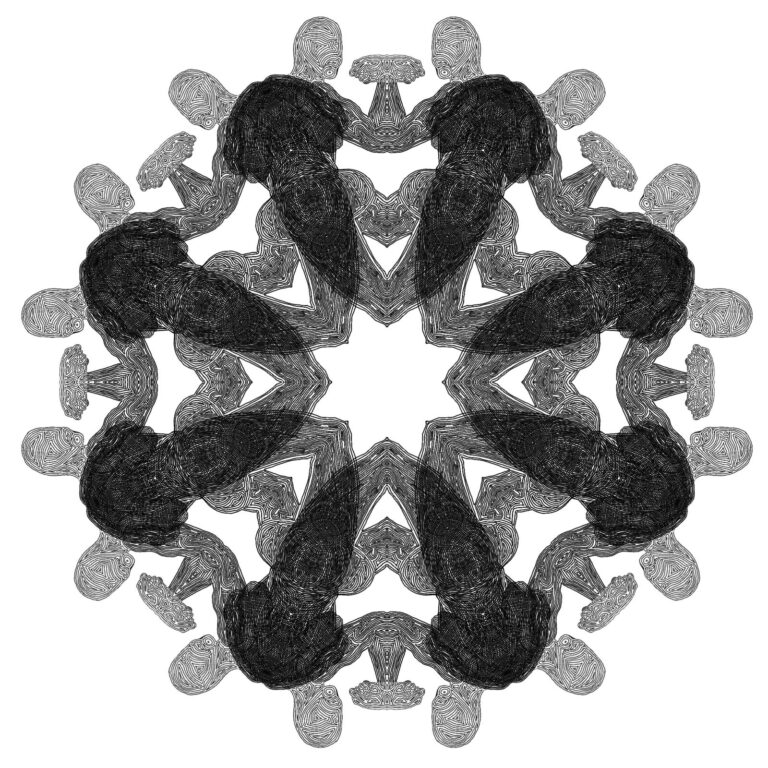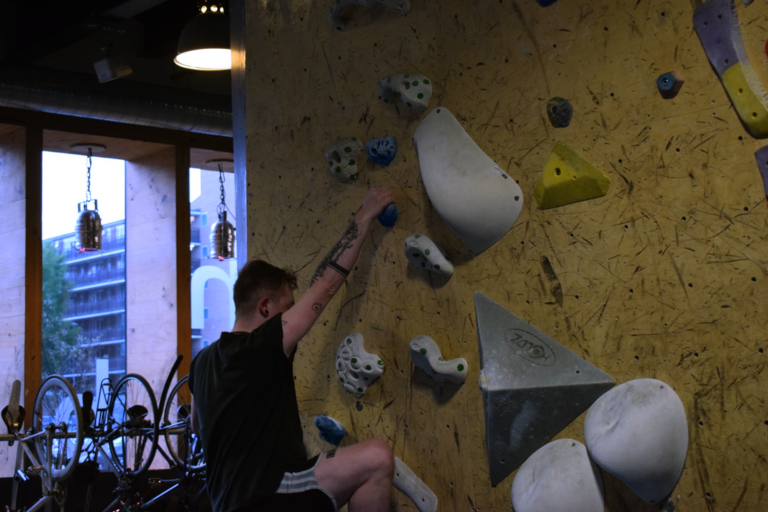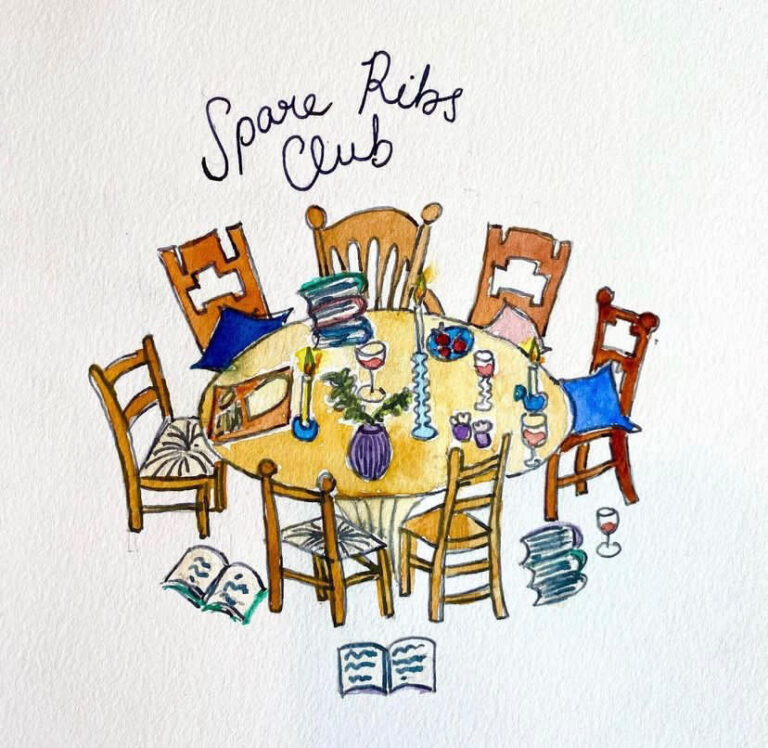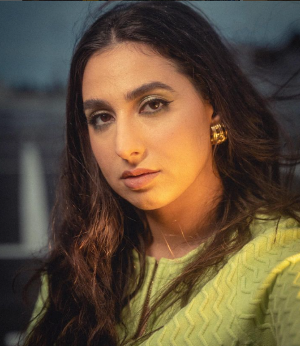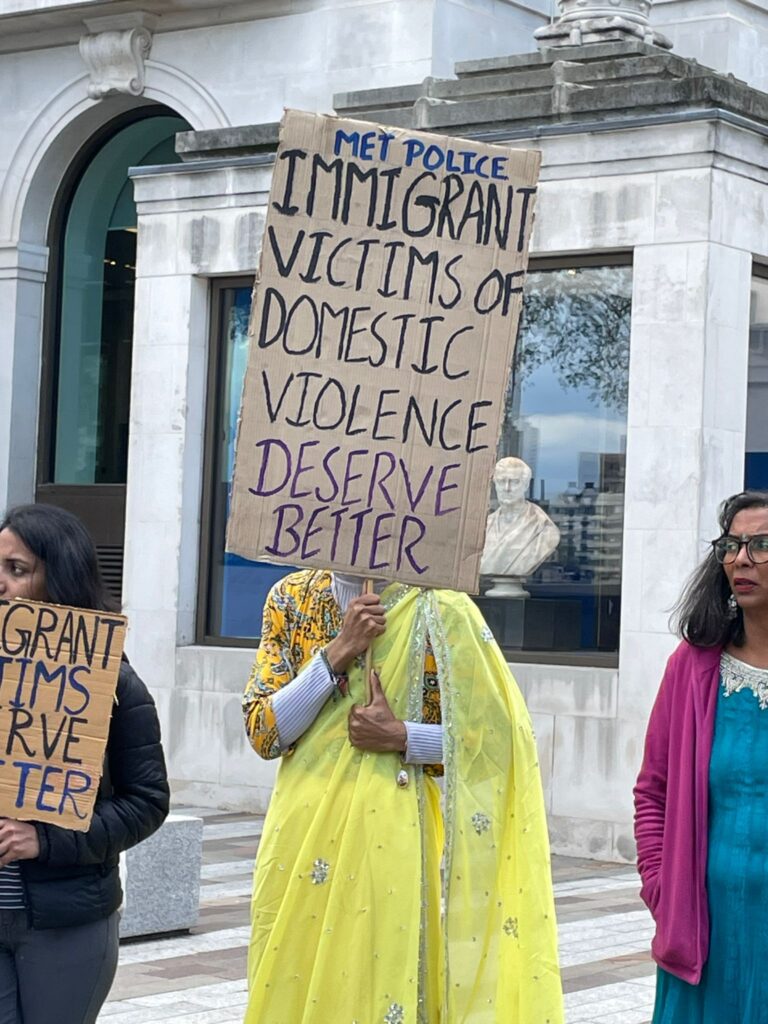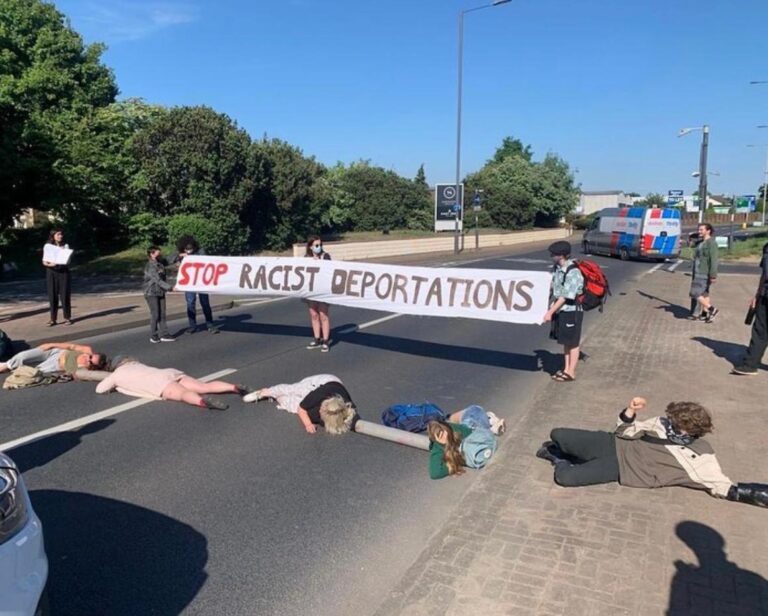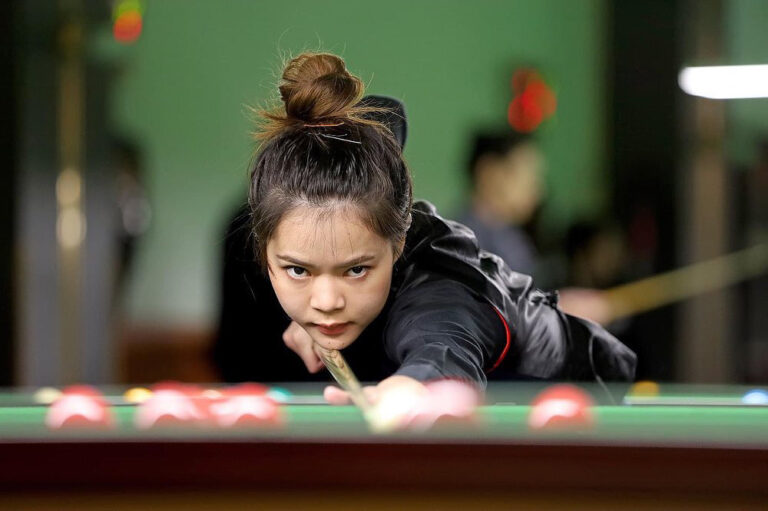Makoul uses her music to highlight the Palestinian community’s struggles (Credit: Lina Makoul)
When Lina Makoul started out in the music industry, she wanted to be like any other artist, writing about love, friendship, empowerment. But she soon realised this would not be possible.
“I realised that every one of my perspectives is based on my personal experience in this life, and based on the place I live in and my identity,” she explains. “I don’t come from a very peaceful place. Not in terms of peace and war, but in terms of peace of mind.”
The 19-year-old Makoul was heralded as a symbol of unity in the West when she won The Voice Israel in 2013. As the first ever Palestinian winner, the role of being a community representative fell upon her early. But she says she soon realised her status as a Palestinian of Israeli citizenship in the public eye and in “adult life” had nothing to do with equal rights, and that there cannot be unity when there is no justice; especially under occupation.
Although she was quickly snapped up by a label and launched a musical career that saw her opening arenas for the likes of Little Mix in the UK and Ireland, Will Smith, and Queen & Adam Lambert. But Makoul confesses during this time period, she felt as if she was losing herself psychologically and artistically. Singing only in English, she felt herself drifting further from her roots, beliefs, and what she cared and stood for.
This changed when she decided to cut ties with her old label and make her own rules. She began writing, composing, managing, directing, and styling herself. Releasing two self-written personal tracks, both in her mother tongue.
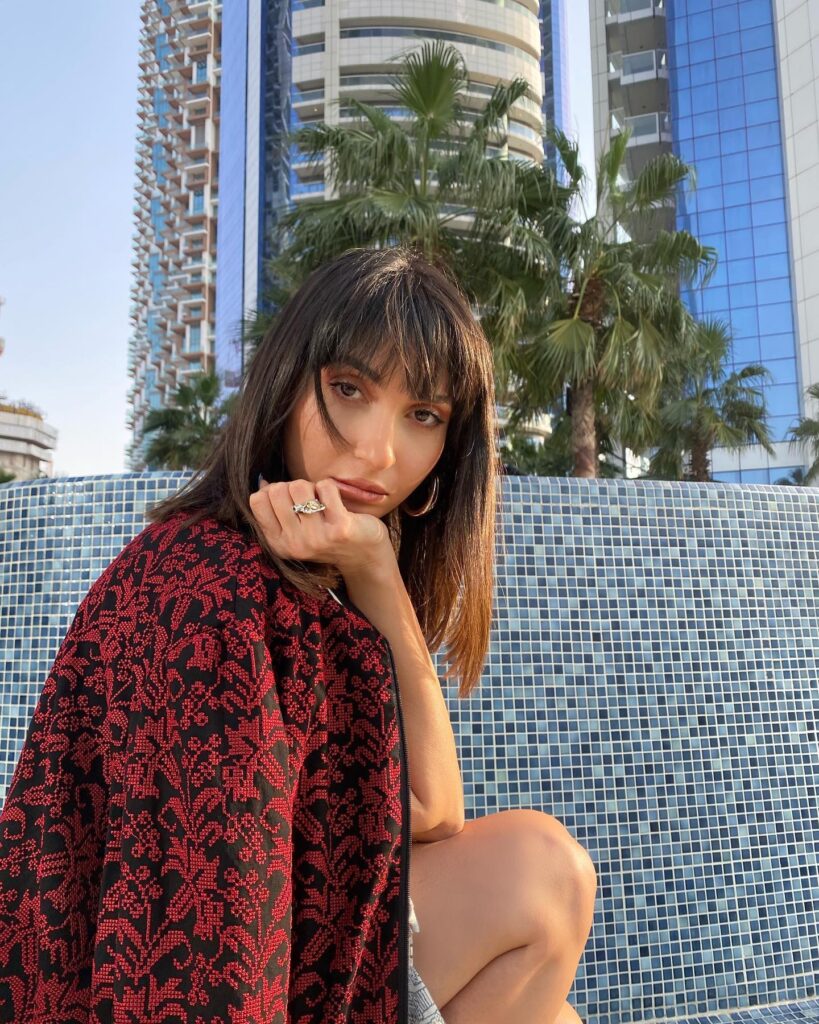
This was followed by YOM Project, an idea born out of the constraints of the Covid-19 pandemic, in which the concept was that Palestinians from all ages (15-60 years old) would send Makoul messages, texts, poems or thoughts, and within a single day (‘Yom’ in Arabic) she would transform them into piano-accompanied songs of the world through the eyes of the Palestinian community. The voices ranged from a young Palestinian undergoing chemotherapy all the way to a teen in the heart of Gaza. It also marked her first official release of an album fully sung in Arabic.
“I’m doing it without a label or management, without professionals that guide me, without branding, without anything. I’m just expressing myself and it feels really, really good.”
She maintains a Palestinian team and wears exclusively Palestinian designs on stage, as using her platform to increase the visibility of other Palestinian creatives is incredibly important to her. “We don’t have an industry, so we don’t have the money to make the industry which means people can’t really live in a respectable way just from art like every other place in the world. I’ve always been asked by foreign journalists why mentioning I’m a Palestinian artist was so important to me. We work ten times harder just to be seen and heard. The world must know that, “ she says.
Makoul is a member of a vanguard of young, Palestinian artists using their music to highlight their community’s struggles. The Chilean-Palestinian singer, Elyanna, performed the first ever full set in Arabic at Coachella this year while the viral TikTok sensation, Saint Levant has returned with his new album, From Gaza With Love. Makoul’s latest song adds to this growing momentum of Palestinian music.
Unlike the upbeat pop tracks that had her climbing UK and Israeli charts her latest single Shway Shway is a deeply personal testimonial. It is an experiment in fusion, including four different musical genres and four different styles and looks to tell the story of Makoul’s transformation over the last decade.
“The youth felt the song is actually translating what they were going through in the past two years since Sheikh Jarrah events in May 2021,” she said, referring to the forceful evictions of Palestinian families by Israeli authorities, violence against Palestinian demonstrators with Israeli citizenship and ongoing discrimination by the regime.
Makoul says the ultimate goal of her music is to show her compatriots there are artists who understand what they’re going through.
“When they see us on big stages they might feel confident that, if they stay true to themselves, the cause, and work hard enough, there is a chance that they might be seen, heard, respected, and followed, especially since the way the occupation tries so hard to convince us that we will not be heard, not be seen, not be successful, and that we’re just a minority in a big blind world.”
Makoul is performing at Fattoush Bar, Haifa, on 12th July.

